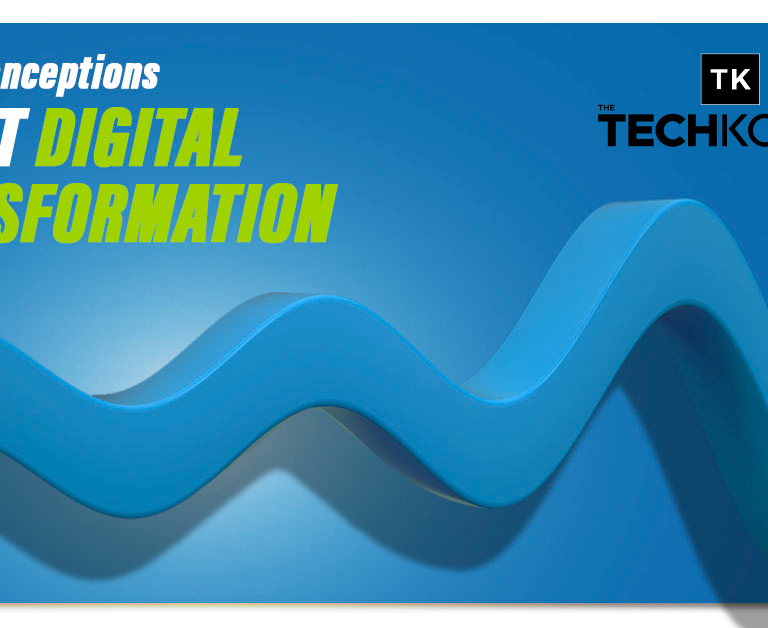Benefits of Managed IT Services for Businesses
In the digital age, businesses are increasingly reliant on technology. This reliance brings a host of challenges, from maintaining cybersecurity to managing complex IT systems.
Managed IT services offer a solution. They provide businesses with access to a team of IT experts who handle these tasks, allowing companies to focus on their core operations.
But what exactly are managed IT services? And how can they benefit your business?
This article aims to answer these questions. It will delve into the various aspects of managed IT services, from their role in streamlining business operations to their impact on cybersecurity.
Whether you’re an IT manager, a business owner, or a digital transformation consultant, this article will provide you with a comprehensive understanding of managed IT services.
By the end, you’ll have a clear picture of how these services can enhance your business operations, improve efficiency, and drive growth.
Understanding Managed IT Services
Managed IT services involve outsourcing IT tasks to a specialized provider. These providers take charge of various IT functions, enhancing efficiency and reducing operational stress.
Their role is pivotal in today’s fast-paced business world, ensuring tech-related tasks align with business goals and strategies.
Key components of managed IT services include:
- Network Monitoring: Constantly observing IT systems to prevent issues.
- Data Backup and Recovery: Safeguarding business data against loss.
- Security Management: Implementing strong cybersecurity measures.
- Cloud Services: Offering cloud-based solutions and integrations.
- Help Desk Support: Providing assistance for everyday tech issues.
These elements work together to create a robust IT foundation, supporting businesses in achieving their objectives efficiently.
Streamlining Business Operations
Managed IT services provide significant cost savings. Outsourcing IT tasks eliminates the need for a large in-house IT team, reducing overhead costs.
These services offer specialized expertise, bringing experienced professionals who understand complex IT landscapes. Their knowledge enhances service quality and ensures that your business keeps pace with technological advancements.
Proactive monitoring and maintenance are also a key feature. Early detection of issues prevents downtime, ensuring continuous operations. These managed services help businesses remain competitive and optimize their operational workflows efficiently.
Key benefits include:
- Cost-Effectiveness: Lowering IT operational costs.
- Specialized Expertise: Access to skilled IT professionals.
- Proactive Monitoring and Maintenance: Minimizing disruptions.
Enhancing Cybersecurity Measures
In today’s digital age, cybersecurity is paramount for all businesses. Threats are becoming more sophisticated, making robust security measures essential to protect sensitive data and systems.
Managed IT services play a crucial role in fortifying cybersecurity. Providers offer advanced security solutions tailored to your business needs. This includes firewalls, antivirus software, and continuous monitoring to detect and mitigate threats.
These services ensure compliance with security regulations and help you stay ahead of potential cyber threats. By leveraging managed IT services, businesses can protect themselves from financial loss and reputational damage caused by security breaches.
Scaling Your Business with Managed IT
Managed IT services offer scalability that supports business growth. As your business evolves, technology needs change rapidly. Managed service providers offer flexible solutions that can easily adapt to this growth. This ensures that your IT infrastructure can scale with your business seamlessly.
Reducing downtime is critical for maintaining productivity. Downtime can be costly and disrupt daily operations. Managed IT services proactively monitor systems, addressing issues before they cause significant disruptions. This approach leads to enhanced efficiency, allowing your team to focus on strategic goals instead of operational hiccups.
Key benefits of managed IT for scaling your business include:
- Flexibility to accommodate growth
- Seamless scaling of IT infrastructure
- Minimization of downtime and disruption
Freeing Up Internal Resources
Outsourcing IT tasks to managed service providers allows businesses to concentrate on their core activities. Internal teams often get bogged down with IT issues, pulling them away from strategic objectives. Managed IT services relieve this burden, enabling teams to focus on their primary responsibilities.
The strategic advantage of delegating IT tasks is significant. It gives businesses access to expert IT support without the need for hiring additional in-house staff. This approach not only enhances efficiency but also provides a competitive edge. By having dedicated professionals manage IT operations, companies can better align their technology strategy with business goals.
Ensuring Compliance and Predictability in IT Budgets
Managed IT services play a crucial role in helping businesses comply with industry regulations. With ever-changing compliance requirements, staying updated is vital. These services ensure that businesses adhere to necessary standards, reducing the risk of penalties.
Another advantage is the predictability of IT expenses. Managed services typically operate on fixed monthly costs, aiding in budget planning. This financial stability allows businesses to allocate resources more effectively.
Key benefits include:
- Regular updates on compliance standards
- Expertise in navigating regulatory landscapes
- Consistent monthly IT expenses
- Simplified financial planning and forecasting
24/7 Support and Business Continuity
Having access to 24/7 support is a significant benefit of managed IT services. It ensures that technical issues are addressed promptly, minimizing disruptions. Round-the-clock support is essential for maintaining smooth business operations, especially for organizations that operate across different time zones.
Ensuring continuous operations is vital for any business, and managed IT services provide this assurance. With proactive monitoring, potential issues are identified and resolved before they can affect operations. This proactive approach helps businesses maintain productivity and prevent costly downtimes, thus fostering a reliable working environment.
Selecting the Right Managed IT Services Provider
Choosing the right managed IT services provider is crucial for achieving the desired outcomes. It’s important to evaluate providers based on specific criteria. Consider factors such as expertise, reliability, and customer support to ensure alignment with your business needs.
The transition to managed IT services requires careful planning. It’s important to communicate with all stakeholders to facilitate a smooth changeover. Key steps include assessing current IT infrastructure, setting clear objectives, and developing a detailed implementation plan. Proper transition management helps in minimizing disruptions and achieving a seamless integration of managed IT services within your organization.
Overcoming Challenges and Embracing Future Trends
Adopting managed IT services can present certain challenges. Businesses may encounter resistance to change from employees or difficulties in integrating existing systems. To address these challenges, it’s essential to provide training and support while clearly communicating the benefits of the new services.
Looking forward, future trends in managed IT services promise exciting possibilities. Innovations such as artificial intelligence, enhanced security protocols, and increased automation are expected to redefine service delivery. Businesses should remain adaptable and proactive to harness these emerging technologies for better efficiency and a competitive edge. Key trends to watch include:
- AI-driven automation for improved service management
- Enhanced cybersecurity measures to combat evolving threats
- Increased focus on sustainability and energy efficiency in IT operations
Conclusion: The Competitive Edge of Managed IT Services
Managed IT services offer numerous benefits, including streamlined operations, enhanced security, and strategic advantages for businesses. By embracing these services, companies can focus on core activities, ensure compliance, and achieve predictable IT costs. Choosing managed IT services is a strategic decision that enhances competitiveness and supports long-term growth.





